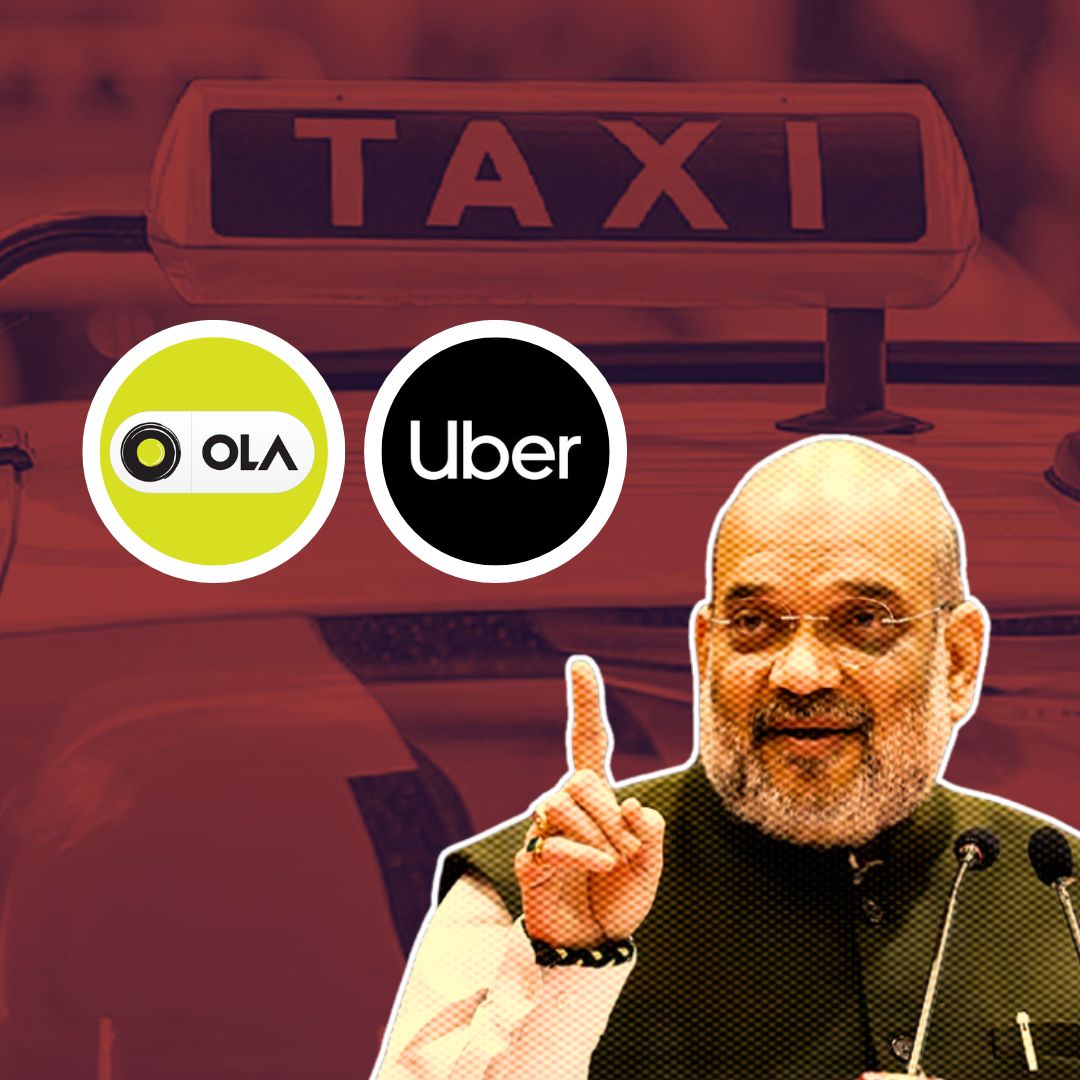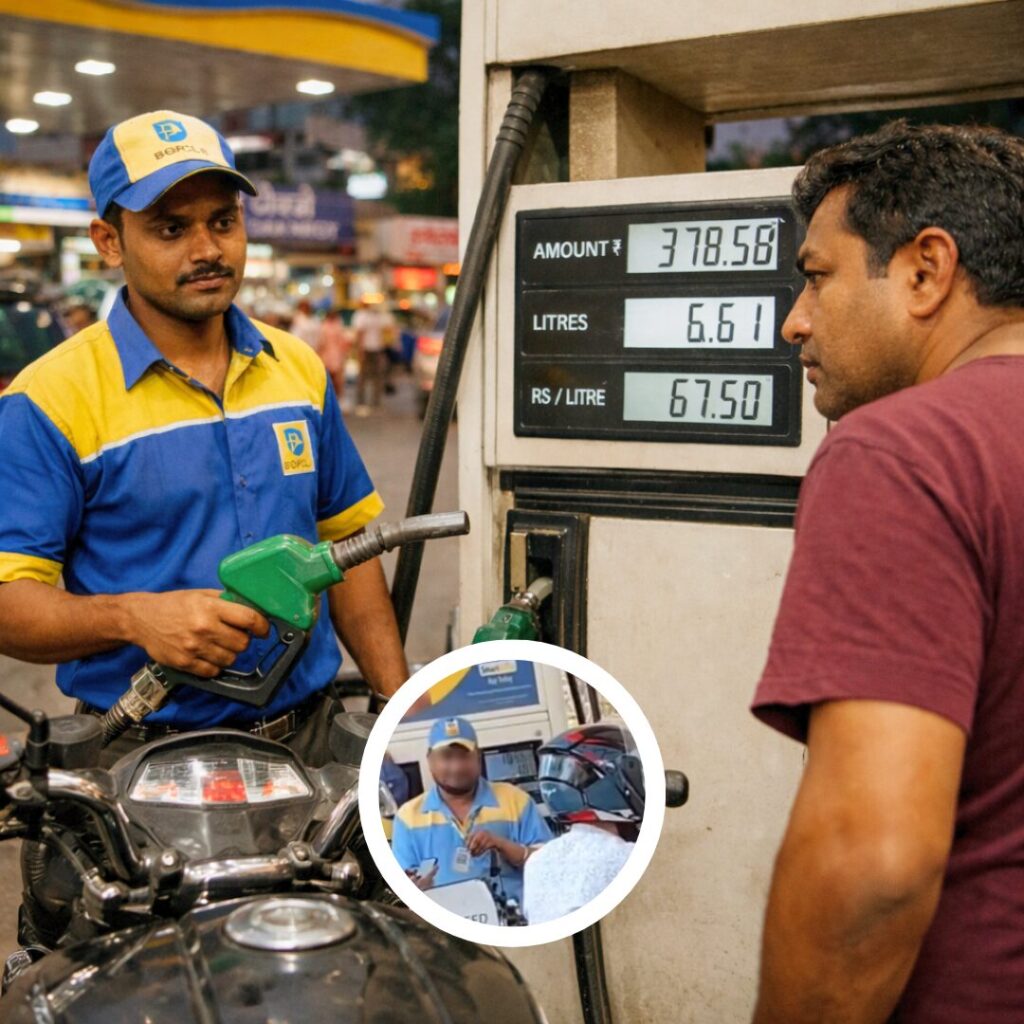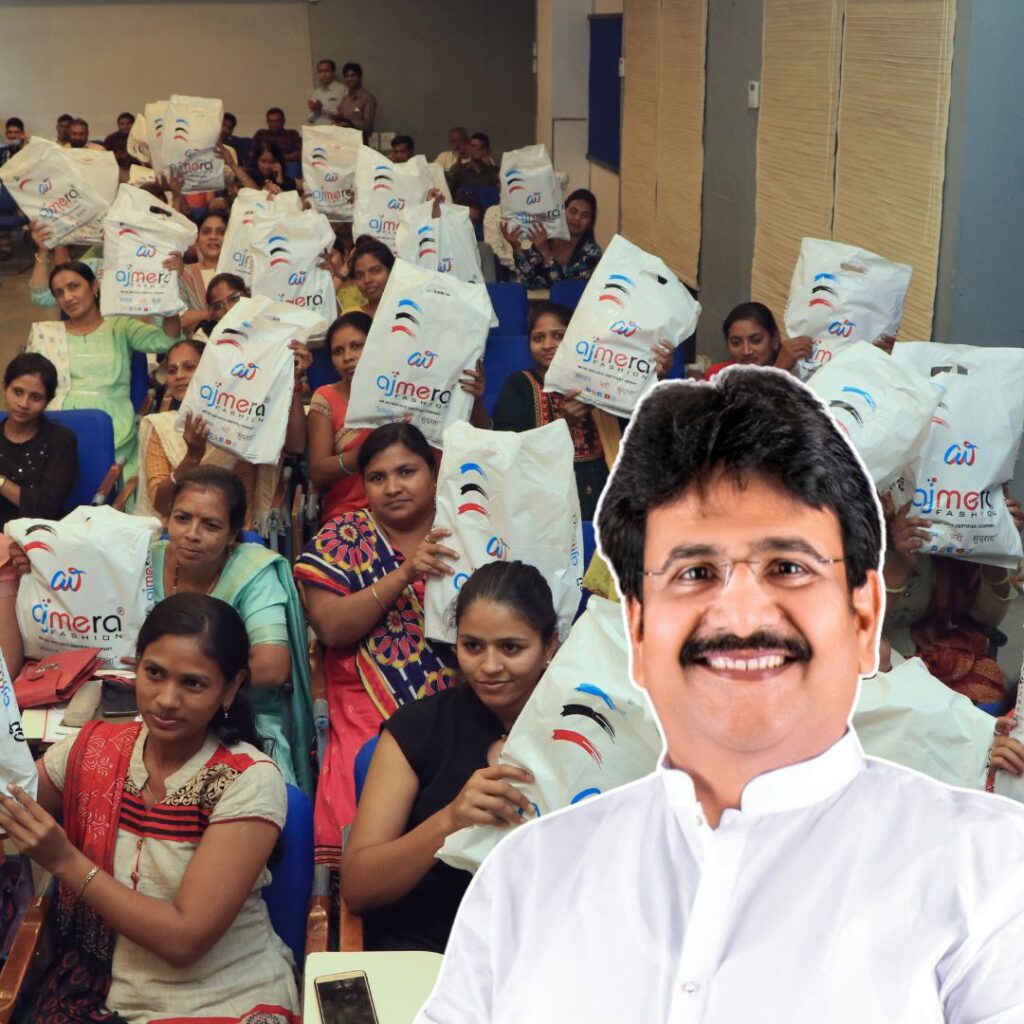The Indian government is preparing to launch Sahkar Taxi, a cooperative-based ride-hailing service designed to empower drivers by ensuring they retain full earnings without commission cuts from third-party platforms. Announced by Union Home Minister Amit Shah, this initiative aims to provide an alternative to existing services like Ola and Uber, with a nationwide rollout expected in the coming months.
The service will register two-wheelers, taxis, and auto-rickshaws through cooperative societies, aligning with Prime Minister Narendra Modi’s vision of Sahkar Se Samriddhi (Prosperity through Cooperation).
A New Model for Drivers
The Sahkar Taxi initiative is poised to revolutionise the ride-hailing landscape in India by allowing drivers to benefit directly from their labour. This cooperative model eliminates the need for large corporations to take a cut of drivers’ earnings, ensuring that profits go directly to those who provide the service. Union Home Minister Amit Shah highlighted this aspect during his announcement in Parliament, stating, “Profits from this service will not go to big industrialists but will go solely to the drivers of the vehicles.”
This shift is expected to address long-standing grievances among drivers regarding high commission fees charged by existing ride-hailing platforms, which often leave them with minimal earnings after deductions. Furthermore, the initiative plans to establish a cooperative insurance company aimed at providing financial protection for drivers, thereby enhancing their security and stability within the industry.
Context: Addressing Industry Challenges
This announcement comes at a time when Ola and Uber are under increasing scrutiny over their pricing practices and allegations of unfair treatment towards drivers. The Central Consumer Protection Authority (CCPA) has recently investigated claims of discriminatory pricing based on users’ phone types, leading to public outcry and demands for reform in the gig economy.
In light of these issues, the Sahkar Taxi initiative is seen as a timely response that seeks to create a fairer working environment for drivers. The Telangana Gig and Platform Workers’ Union has welcomed the government’s move, advocating for swift implementation and calling for the inclusion of worker unions in shaping the cooperative framework. This collaborative approach aims not only to empower drivers but also to ensure that their voices are heard in the decision-making processes that affect their livelihoods.
Government Support and Implementation Plans
The government is committed to ensuring that the Sahkar Taxi initiative is effectively implemented across the country. Officials have indicated that comprehensive training programs will be established for drivers, equipping them with the necessary skills to navigate the new system and maximise their earnings.
These programs will cover various aspects of operating within a cooperative model, including financial management, customer service, and technology usage. Local cooperative societies will play a crucial role in managing operations and providing ongoing support to drivers as they transition into this new framework.
By fostering community engagement and encouraging more drivers to join the cooperative model, the government aims to create a sustainable ecosystem that benefits all stakeholders involved.
The Logical Indian’s Perspective
The launch of Sahkar Taxi signifies a progressive shift towards equitable opportunities for drivers while challenging exploitative practices prevalent in the ride-hailing industry. By promoting a cooperative model, this initiative not only empowers workers but also encourages a more sustainable economic framework that prioritises fairness and transparency.
As India continues to evolve towards inclusive economic practices, it raises an important question: how can similar models be adopted across other sectors to promote fairness and protect worker rights? We invite our readers to share their thoughts on this transformative initiative and its potential impact on the future of work in India. Your insights could help foster constructive dialogue around these critical issues!













